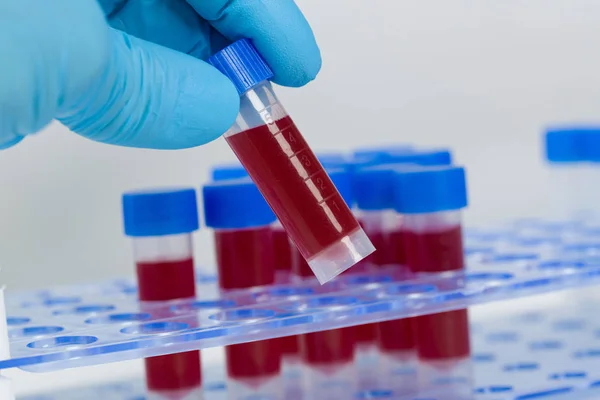
Hemoglobin, a protein in red blood cells that carries oxygen throughout the body, is essential for energy and vitality. Low hemoglobin levels, also known as anemia, can significantly impact quality of life; causing fatigue, weakness, and shortness of breath. Various types of cancer can cause low hemoglobin levels, either directly or as a consequence of the treatments used. Understanding these relationships is crucial for managing the side effects and improving patient outcomes.
Cancers Associated with Low Hemoglobin
Several types of cancer are particularly known for their association with anemia, including:
1. Hematologic Cancers: Leukemia, lymphoma, and multiple myeloma directly affect the bone marrow’s ability to produce red blood cells, leading to low hemoglobin levels.
2. Cancers with High Bleeding Risk: Gastrointestinal cancers (such as colon, stomach, and pancreatic cancer) and gynecological cancers (such as cervical or uterine cancer) can cause bleeding, leading to hemoglobin loss.
3. Cancers with High Treatment-Related Anemia Risk: Chemotherapy and radiation therapy, key treatments for many types of cancer, can damage bone marrow and red blood cells, thereby reducing hemoglobin levels.
Mechanisms Leading to Low Hemoglobin in Cancer
The main mechanisms through which cancer leads to low hemoglobin include:
1. Bone Marrow Infiltration: Certain cancers directly affect bone marrow, impairing its function.
2. Iron Utilization: Cancers may alter iron metabolism, with inflammation inhibiting iron’s release from stores, affecting hemoglobin synthesis.
3. Nutritional Deficiencies: Cancer and its treatments may result in poor nutrition, impacting the availability of iron, vitamin B12, and folate required for red blood cell production.
4. Blood Loss: Bleeding, common in some cancers, can directly lead to reduced hemoglobin levels.
5. Hemolysis: Some cancers or treatments cause destruction of red blood cells, contributing to anemia.
Diagnosing Anemia in Cancer Patients
Diagnosing the cause of low hemoglobin in cancer patients involves evaluating blood counts, iron levels, vitamin B12, folate levels, and assessing bone marrow function if necessary. Identifying the exact cause of anemia is crucial for effective treatment.
Treatment Approaches
Treatment strategies for low hemoglobin in cancer patients vary based on the underlying cause:
1. Iron Supplementation: For iron deficiency anemia, oral or intravenous iron supplements may be used.
2. Vitamin Supplementation: Supplementation with vitamin B12 or folate is beneficial if deficiencies are present.
3. Erythropoiesis-Stimulating Agents (ESAs): Drugs that stimulate red blood cell production may be used, although they come with risks and are generally recommended when other treatments have failed or are not suitable.
4. Blood Transfusions: In cases of severe anemia, blood transfusions can quickly increase hemoglobin levels, but they are typically considered a last resort due to potential complications.
5. Managing Bleeding and Inflammation: Treating the underlying cancer to reduce bleeding and inflammation can also help manage anemia.
6. Alterations in Cancer Treatment: Modifying the dose or schedule of chemotherapy and radiation may be necessary to minimize impacts on hemoglobin levels.
Managing Low Hemoglobin in Cancer Patients
Managing low hemoglobin involves a multifaceted approach that includes treating the anemia itself and addressing symptoms to improve quality of life. Strategies might include energy conservation techniques, nutritional support, and physical therapy to manage fatigue.
Conclusion
Low hemoglobin is a common complication in cancer patients, with significant impacts on quality of life and treatment outcomes. Understanding the diverse causes of anemia in cancer patients is essential for effective management, involving both treatment of the underlying anemia and supportive care strategies to alleviate symptoms.
This overview provides a foundation for understanding the complex relationship between cancer and low hemoglobin levels. Each point mentioned here would be greatly expanded in a full-length article to provide a comprehensive exploration of the topic, including detailed discussions on each type, treatments, and patient care strategies.




